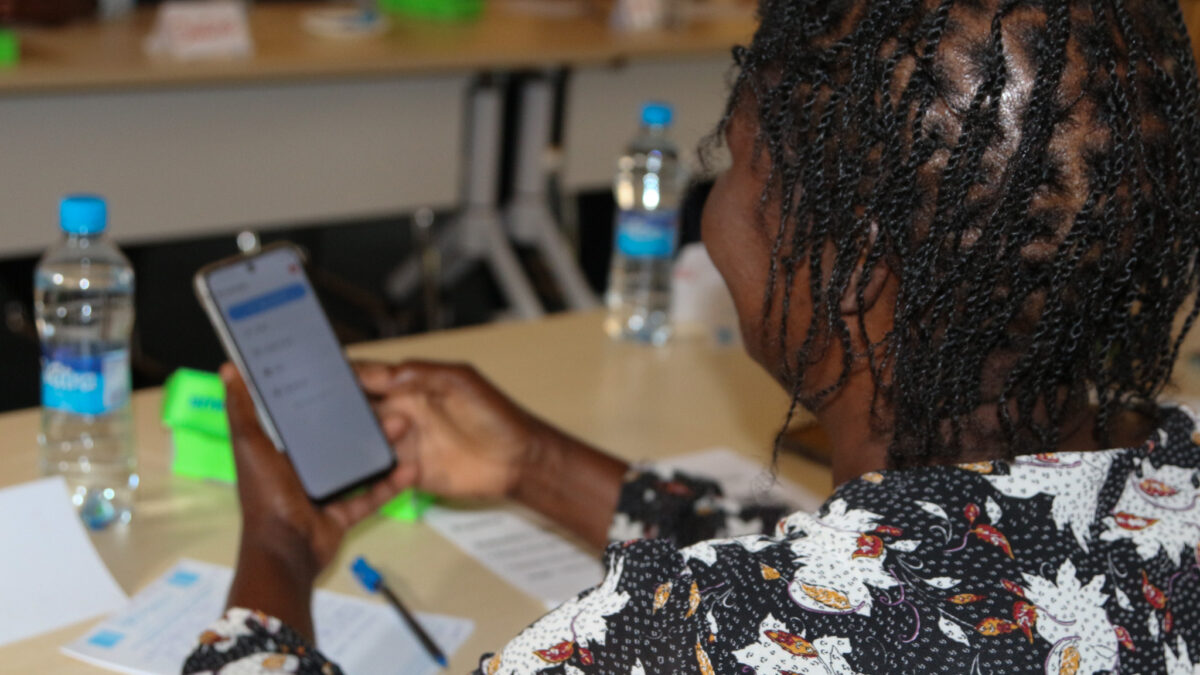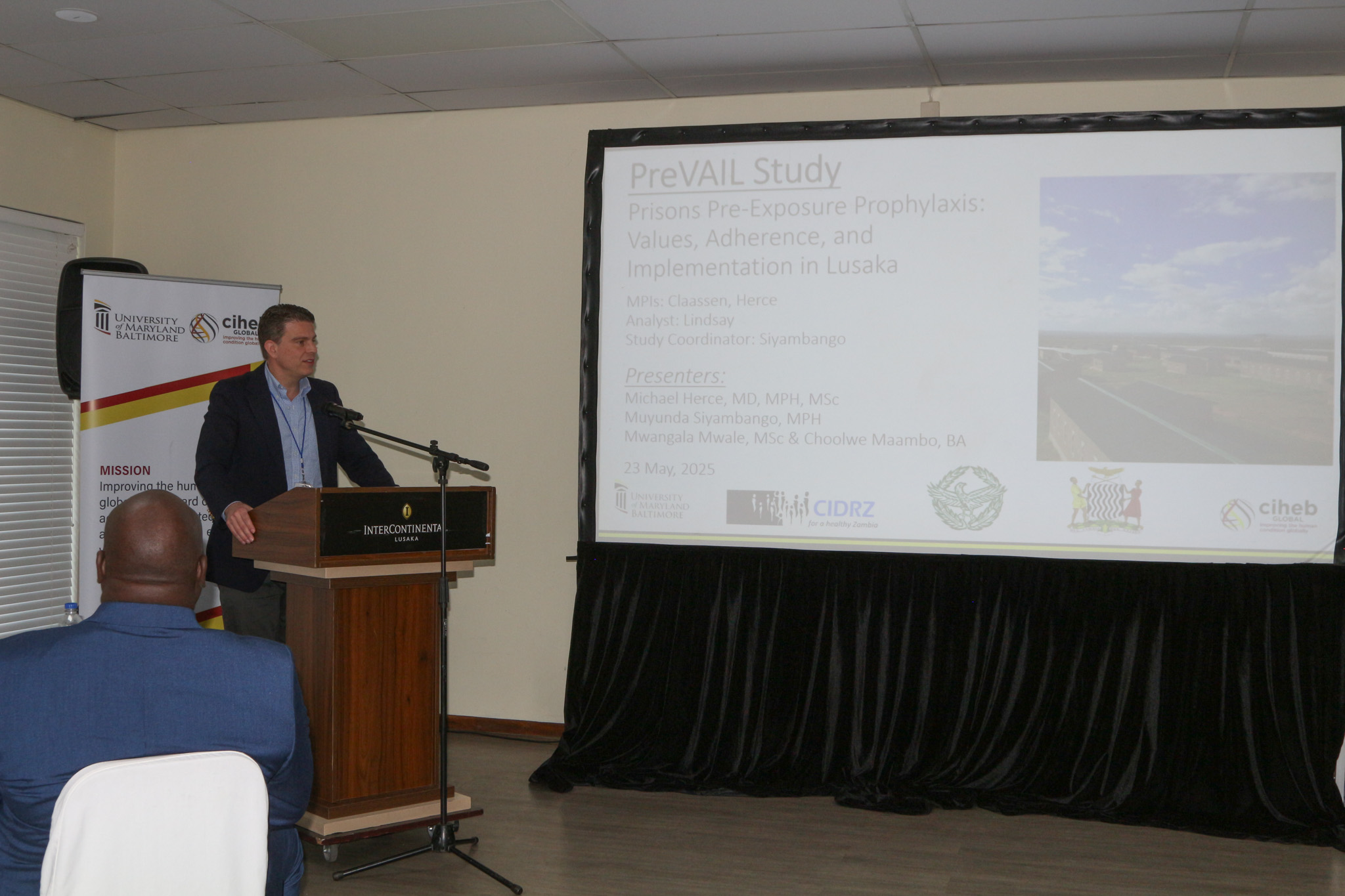CIDRZ Partners with MOH in a Study to Explore HIV Care Experiences and Health Priorities during the first wave of COVID-19.

USAID-TBLON Project Enhances TB Laboratory Diagnostic Connectivity by Supporting Ministry of Health with Internet Modems.
May 6, 2025
CIDRZ Honours 65 Employees at a Colourful Labour Day Awards Ceremony.
May 10, 2025The Centre for Infectious Disease Research in Zambia (CIDRZ), in collaboration with the Ministry of Health, conducted a qualitative study from March to July 2020, exploring the impact of the first wave of the COVID-19 pandemic on access to HIV care and patient health priorities in Lusaka, Zambia.
The study was conducted shortly after Zambia’s first confirmed COVID-19 case on 18th March 2020.
CIDRZ phone-interviewed 25 People Living with HIV (PLHIV) enrolled to complete periodic SMS surveys in the main study to explore their awareness of COVID-19, HIV care experiences, and personal and social challenges they faced during this period.
The results of the study showed that all participants were aware of COVID-19. Many participants appreciated the introduction of six-months ART refills for stable patients and three months for unstable ones, which reduced clinic visits and wait times.
Further, some participants felt respected when healthcare workers called to schedule early clinic appointments. Others raised concerns such as inadequate physical distancing at the clinic and uncertainty regarding viral load monitoring dates and result retrieval.
Participants recommended increased communication via SMS and phone calls on care processes.
The study revealed that Job loss and reduced income heightened household poverty and made consistent ART adherence more difficult. However, most participants became more motivated to remain healthy by adhering to ART and routine laboratory monitoring.
The study concluded that while clients had mixed HIV care experiences during the COVID-19 pandemic, financial challenges created socio-economic strain. The findings highlight the need for sustained innovations in HIV service delivery and increased support for PLHIV facing economic instability.
CIDRZ continues to advocate for health system adaptations that not only address immediate crises but also build resilience and strengthen long-term HIV care and treatment outcomes in Zambia and beyond.




